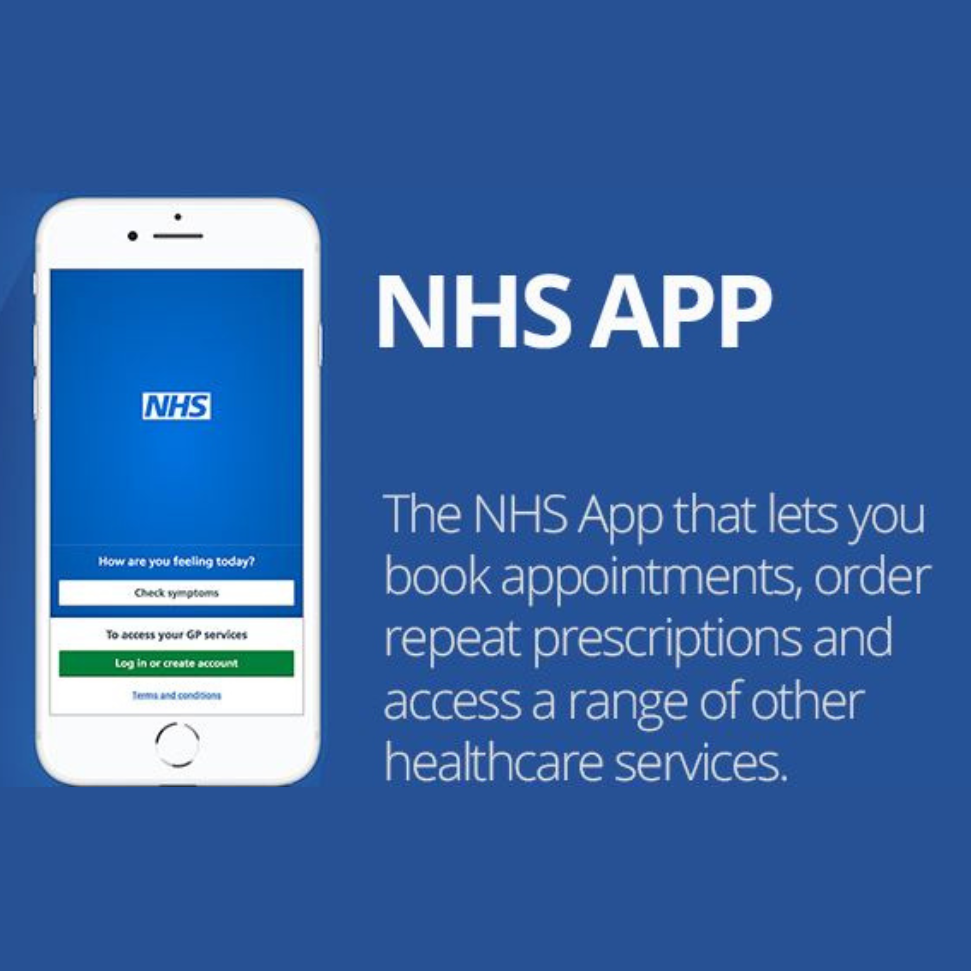Age groups:
Proxy access in children under the age of 11
All children under the age of 11 are assumed to lack the capacity to consent to proxy access. Those with parental responsibility for the child can apply for proxy access to their children’s online services to book appointments and order medication.
When the child reaches the age of 11, access to the parent/guardian will automatically cease. Subsequent proxy access will need to be reauthorised by the practice.
Proxy access in children above the age of 11 and under 13 years of age
Some children aged 11 to 13 have the capacity and understanding required for decision-making with regards to access to their medical records and should therefore be consulted and have their confidence respected. The practice will allow Parents or Guardians to request appointments and order medication as a proxy user for children aged between 11 and 13.
Proxy access in adults (including those over 13 years) with capacity
Patients over the age 13 (under UK DPA 2018) are assumed to have mental capacity to consent to proxy access. Where a patient with capacity gives their consent, the application should be dealt with on the same basis as the patient. The practice will allow Parents or Guardians to request appointments and order medication as a proxy user for children aged between 13 and 16 with patient consent.
When the child reaches the age of 16, access for the parent/guardian will automatically cease. Subsequent proxy access will need to be reauthorised by the patient via a new application with explicit consent or proof of lack of capacity.
Proxy access in adults (anyone over 16 years)
Upon reaching the age of 16, patients are deemed as adults in the eyes of the NHS. Explicit consent is required to provide any third party (including parents/guardians) access to a medical record.
Proxy access in adults (including those over 13 Years) without capacity
Proxy access without the consent of the patient may be granted in the following circumstances:
The patient has been assessed as lacking capacity to decide on granting proxy access and has registered the applicant as a lasting power of attorney for health and welfare with the Office of the Public Guardian.
The patient has been assessed as lacking capacity to decide on granting proxy access and the applicant is acting as a Court Appointed Deputy on behalf of the patient.
The patient has been assessed as lacking capacity to make a decision on granting proxy access and, in accordance with the Mental Capacity Act 2005 code of practice, the responsible clinician considers it in the patient’s best interests to grant access to the applicant.
When an adult patient has been assessed as lacking capacity and access is to be granted to a proxy acting in their best interests, it is the responsibility of the responsible clinician to ensure that the level of access enabled, or information provided is necessary for the performance of the applicant’s duties.
